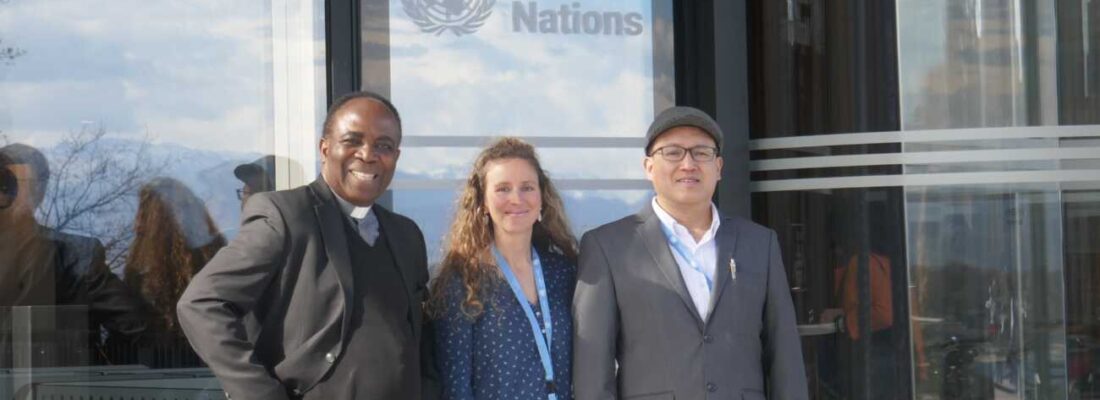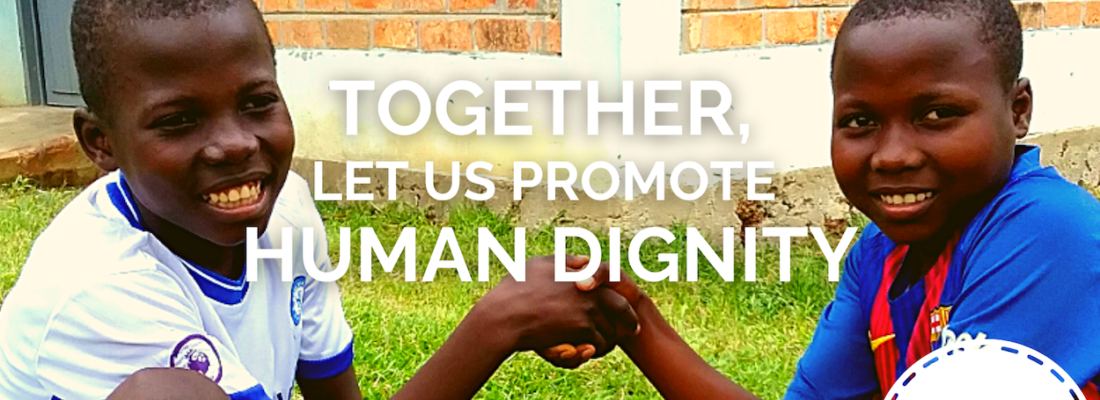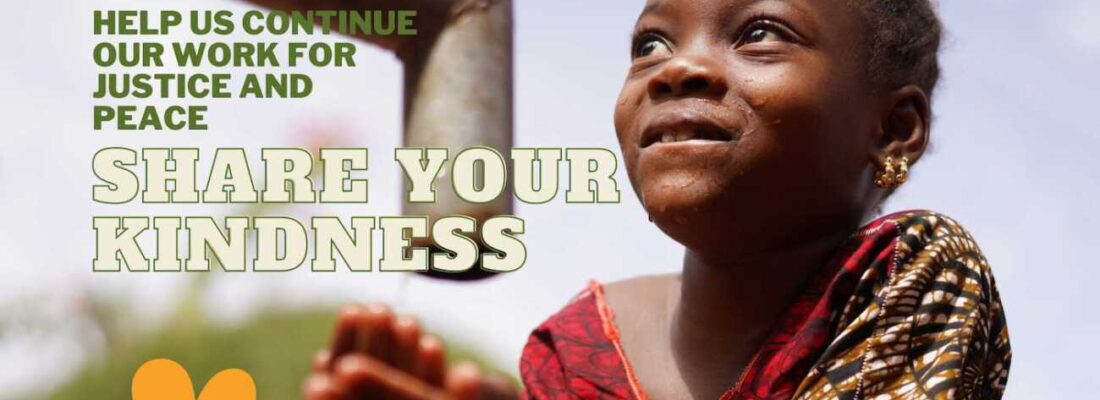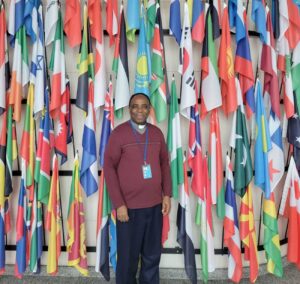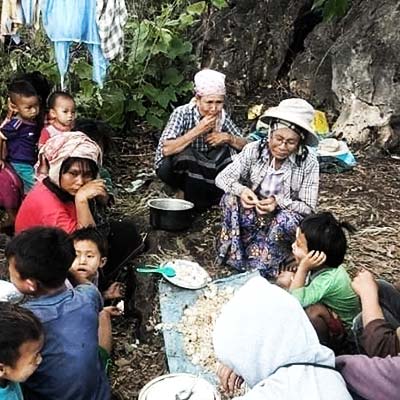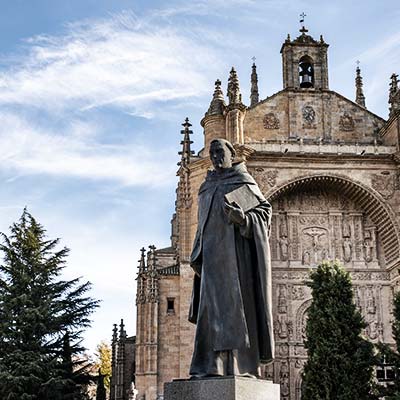
Dominicans for Justice and Peace condemns deportations of Haitians from the Dominican Republic
Dominicans for Justice and Peace, with 137 religious and social organisations, has signed an open letter condemning abusive deportations of Haitians. The fundamental rights of these people have been flagrantly violated. They have been detained and slated for expulsion from the country without due administrative



